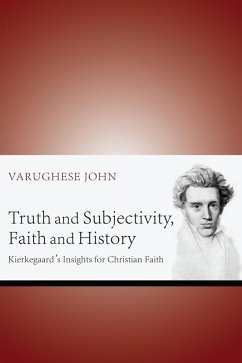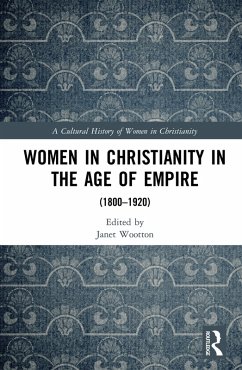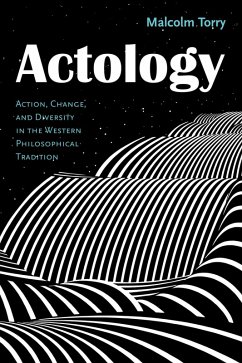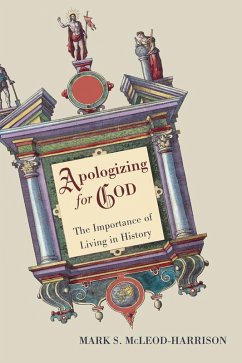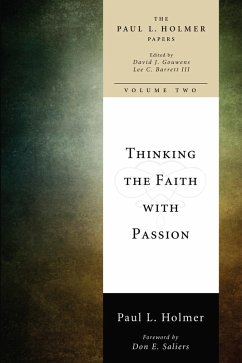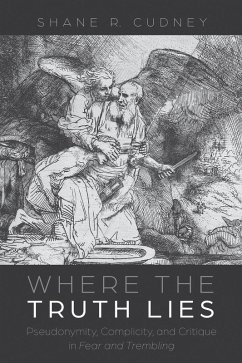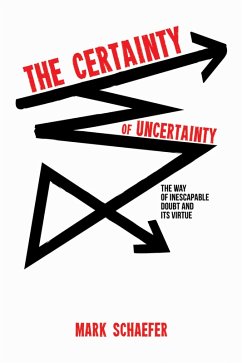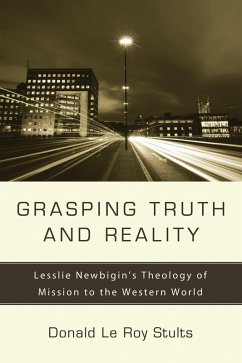
Grasping Truth and Reality (eBook, ePUB)
Lesslie Newbigin's Theology of Mission to the Western World
Versandkostenfrei!
Sofort per Download lieferbar
19,95 €
inkl. MwSt.
Weitere Ausgaben:

PAYBACK Punkte
10 °P sammeln!
When Lesslie Newbigin returned to Britain in 1974 after years of missionary service, he observed that his homeland was as much a mission field as India, where he had spent the majority of his missionary career. He concluded that the Western world needed a missionary confrontation. Instead of the traditional approach to missions, however, Newbigin realized that the Western world needed to be confronted theologically. From his earliest days at Cambridge University, Newbigin developed certain theological convictions that shaped his understanding of the Christian faith. Newbigin utilizes these the...
When Lesslie Newbigin returned to Britain in 1974 after years of missionary service, he observed that his homeland was as much a mission field as India, where he had spent the majority of his missionary career. He concluded that the Western world needed a missionary confrontation. Instead of the traditional approach to missions, however, Newbigin realized that the Western world needed to be confronted theologically. From his earliest days at Cambridge University, Newbigin developed certain theological convictions that shaped his understanding of the Christian faith. Newbigin utilizes these theological convictions as criteria for evaluating the belief system of Western culture and for providing an answer to Western culture's dilemma. It is Newbigin's contention that the West is suffering from a loss of purpose because at the time of the Enlightenment, it rejected a belief system that gave it purpose. This was also a belief system that made it uniquely different from the rest of the world, particularly Asia. The Enlightenment reintroduced humanism and dualism into Western culture, which resulted in the loss of purpose and the rise of skepticism. Modern science and the scientific method, in the form of scientism, added to the problem, making human reason the measure of truth, and limiting facts to only that which could be verified through controlled experiment. Newbigin's solution is to reintroduce the Christian belief system into Western culture in order to restore purpose and truth to Westerners and to put them into contact with true reality through Jesus Christ. He desires to do this in the context of both modernism and post-modernism. This book will discuss Newbigin's theological convictions and how they factored into both his critique of and his solution for Western culture's spiritual and worldview problems.
Dieser Download kann aus rechtlichen Gründen nur mit Rechnungsadresse in A, D ausgeliefert werden.





